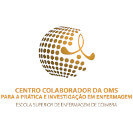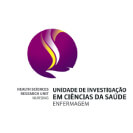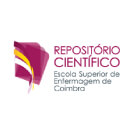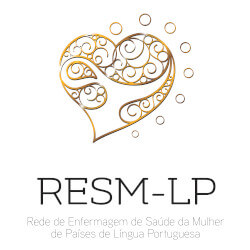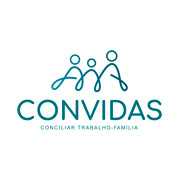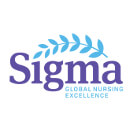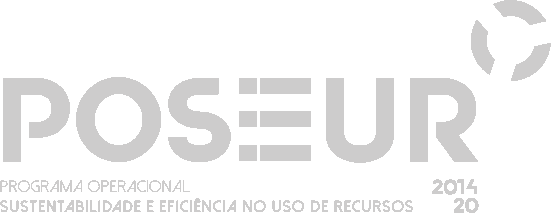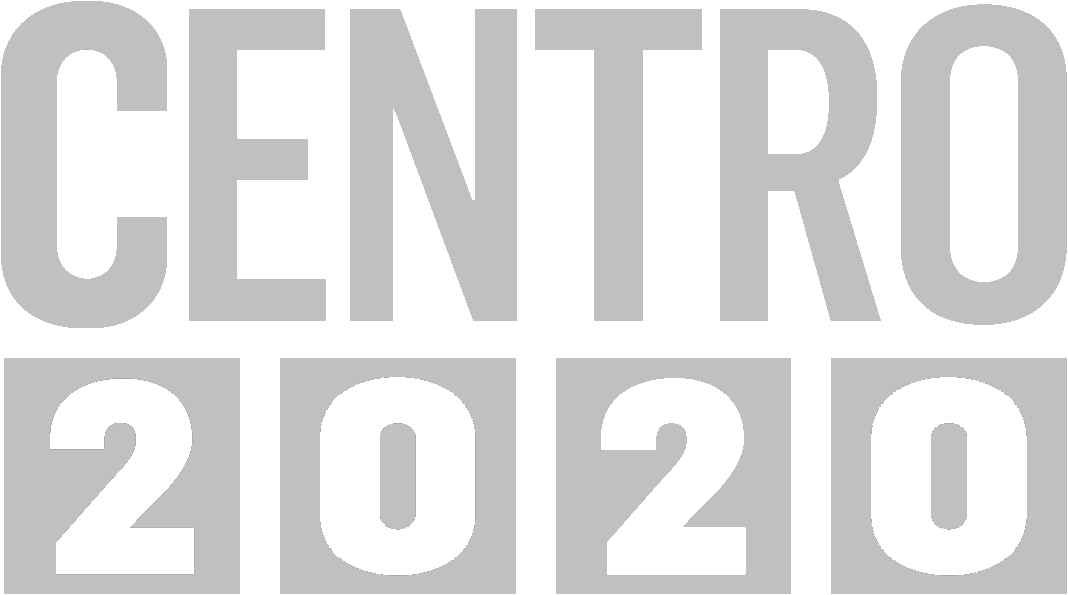The Nursing School of Coimbra (ESEnfC) and the University of Aveiro (UAVR) have integrated a European consortium that brings together health researchers and professionals with the purpose of developing and implementing measures and tools to address the issue of frailty in older adults in Europe.
João Alves Apóstolo (coordinating professor of the ESEnfC) and Silvina Santana (associated professor with aggregation of the UAVR) represent the Portuguese institutions involved in this project. The consortium includes eight more organizations from five European countries: Italy, Poland, Spain, The Netherlands, and United Kingdom.
The FOCUS project (http://focus-aha.eu/) is an initiative of around EUR 2.4 million, co-funded by the European Commission (Health Program of the European Union 2014-2020) that began in May 2015.
The main objective of the project is to improve the methods used in Europe to detect, assess and manage frailty among the elderly, including biological and clinical markers, as well as to invest in prevention and avoid the need for interventions in advanced stages, which are often irreversible when the condition is already deeply installed.
The ESEnfC is leading the processes of synthesis of the best international scientific evidence on the quality of the instruments used to assess frailty in the elderly and on the effectiveness of interventions targeted at pre-frailty and frailty of older adults.
The UA, besides participating in the scientific component and the assessment of the results of the FOCUS project, is responsible for the dissemination of the objectives, procedures and results of the project among EU citizens, health professionals, researchers, decision-makers and entrepreneurs from directly or indirectly involved sectors.
The FOCUS consortium is working towards the integration of the knowledge available among the scientific community on the existing tools for monitoring frailty in older populations and the effectiveness of interventions related to the lifestyles and the care of frail elderly people. Groups of senior citizens from several European countries are also participating in this project, contributing with their first-hand experiences and their views about frailty assessment, prevention and intervention in their countries.
Development of tools to assist professionals in the field
The goal of the project focus is to develop tools that can assist all professionals in the field, from those in charge of planning health care practices and services for debilitated citizens to the health professionals who accompany and treat them.
The FOCUS consortium is also developing efforts to ensure the large-scale adoption of these tools. Two online digital platforms are already being developed, with the collaboration of all stakeholders, including senior citizens and their caregivers: the “Knowledge-sharing Platform” and the FOCUS network support platform.
The FOCUS project is a direct consequence of the work developed by the European Innovation Partnership on Active and Healthy Aging (EIPAHA) and supports the work of all its members, which aims to increase by two years the average healthy lifespan in Europe until 2020, contributing to the sustainability of health and social systems. The tools and the knowledge developed within the scope of the FOCUS project will be used by all members of the EIPAHA, thus ensuring a leverage effect of the collective effort that is being developed to minimize the adverse effects of frailty in older adults.
About frailty
Frailty is a state of high vulnerability frequently associated with aging, with adverse health outcomes, such as falls, hospitalization, increased dependence on activities of daily living and even death. Frail people often show signs of muscle weakness and loss, decrease in weight, and lack of energy, often accompanied by a lack of commitment to self-care, low participation in social activities and isolation. Social isolation can contribute to the deterioration of the health status. With the increasing aging of the European population, and if no organized efforts are made to deal with this problem, we will witness an increase of the use of social and health services and of the burden for the families, and society as a whole.
The effects of frailty may be devastating for the older adult and have very high costs to society. The good news is that, to a large extent, frailty is a condition that can be prevented and reversed. The best strategy is prevention, through the adoption of healthy lifestyles, such as practicing physical exercise, quit smoking, having healthy eating and sleeping habits, participating in social activities, and getting involved in community life. The adoption of healthy lifestyles may be the key to avoid frailty in advanced age, or reverse the process of decline when frailty is already installed. Sometimes, it is necessary to take medications and supplements prescribed by a health professional.
In addition to the UAVR and the ESEnfC, the UVEG (Universitat de València) (Spain), coordinator of the project, the RRD (Roessingh Research and Development) (Netherlands), the ESAM (Estudios de Software Avanzado y Mantenimiento de Tecnologia Sociedad Limitada) (Spain), EVR (Everis Spain SLU) (Spain), POLIMI (Fondazione CA' Granda - Ospedale Maggiore Policlinico) (Italy), IRCCS-MN (Istituto di Ricerche Farmacologiche Mario Negri) (Italy), WRM (Wroclaw Medical University) (Poland), and ARCHA (Aston Research Centre for Healthy Ageing, Aston University) (UK) also participate in the project Focus.

